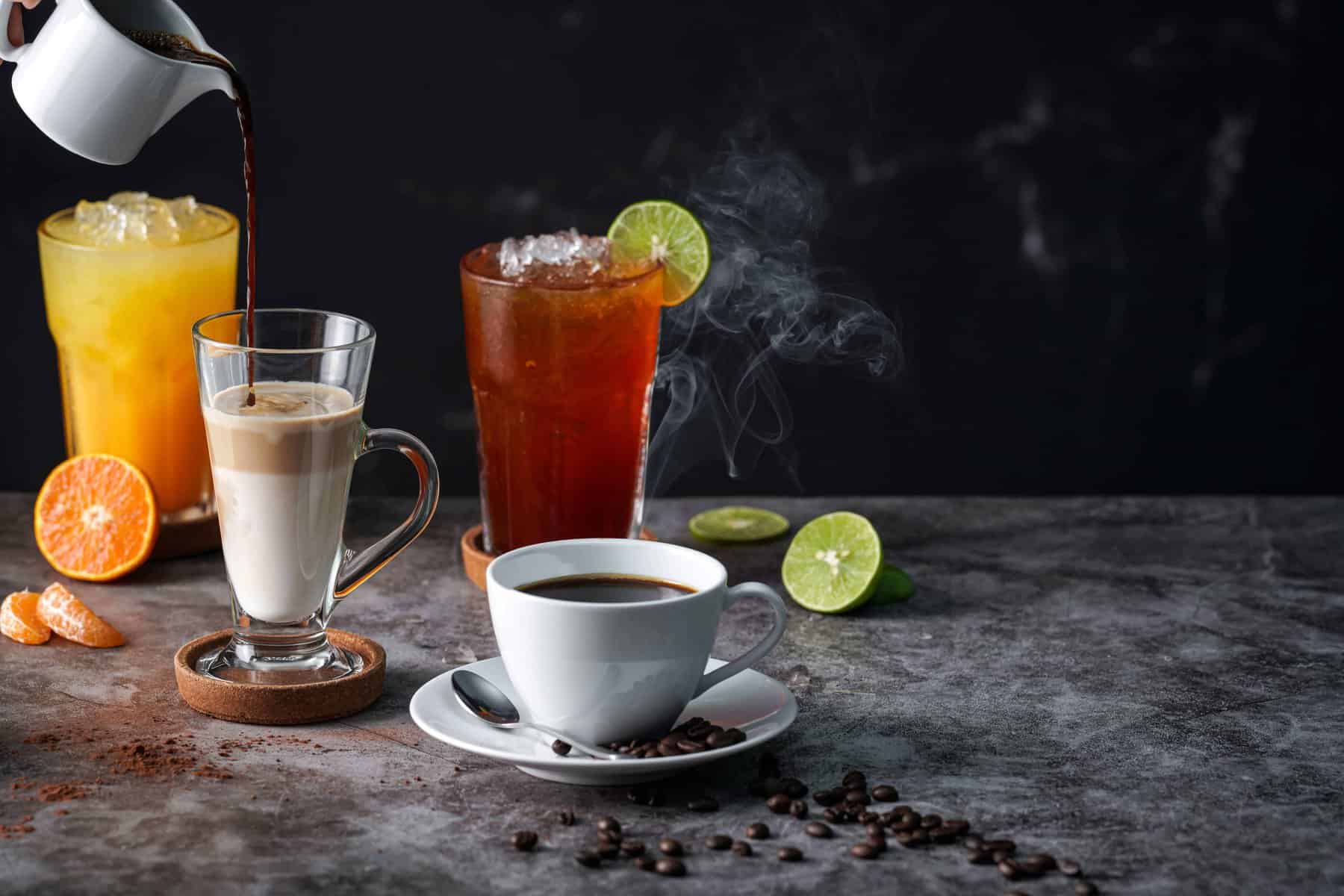Brevel Expands Seed Round to $25M to Accelerate Commercialization of Microalgae Proteins
Climate food tech company Brevel has secured over $5 million in a seed extension up-round, taking the total amount of seed funding it has raised to $25 million. The capital will be used to develop microalgae proteins for food and beverage applications and accelerate the commercialization of the company’s products. The extension is based on exercises of warrants investors were granted in the initial closing of the seed round in June 2023. Notable investors who decided to increase their share in the company include NevaTeam Partners, Siddhi Capital, the European Union’s EIC Fund, Good Protein Fund, The Food Tech Lab, and PVS Investments. Additionally, several new investors were granted access to the extension under the same terms. With the help of the funding, Brevel will …






















